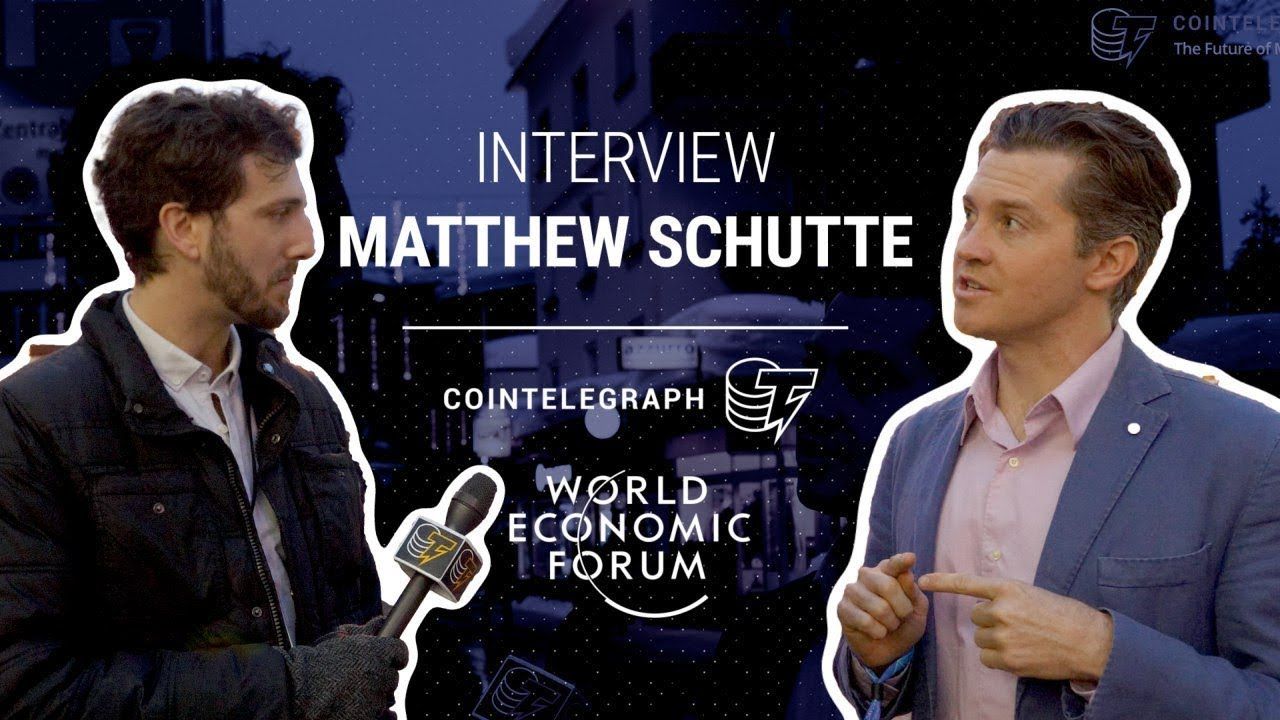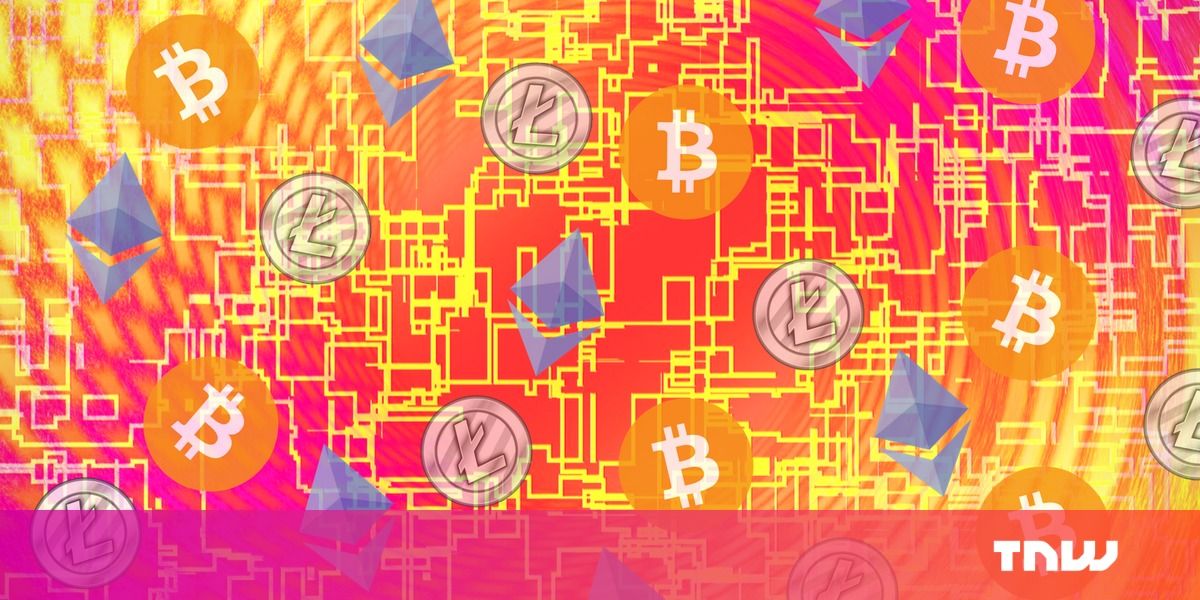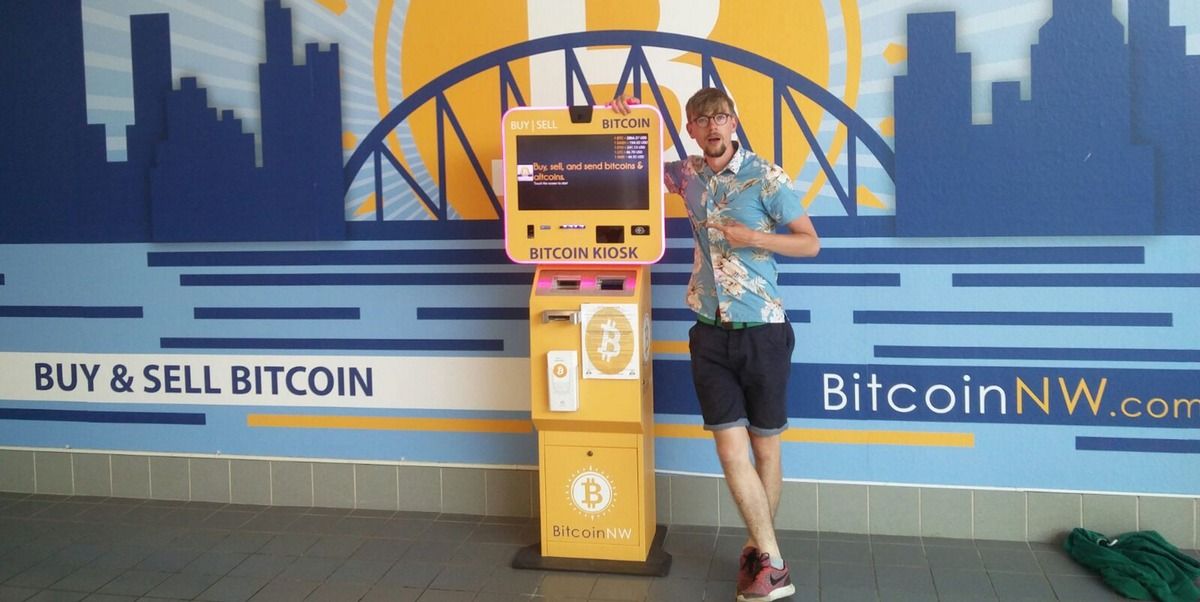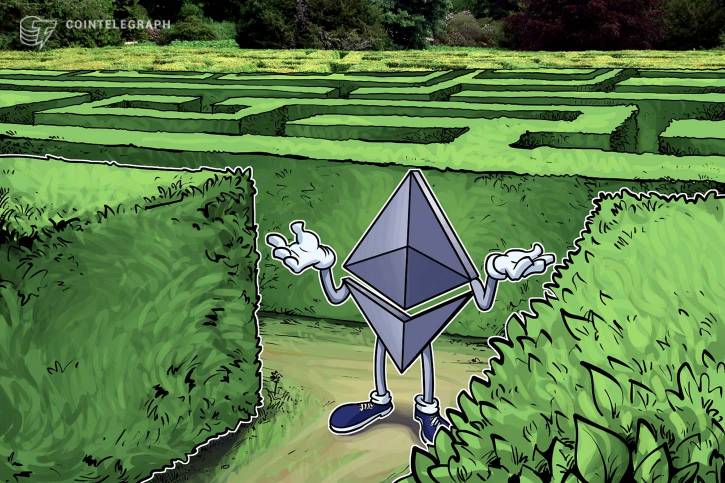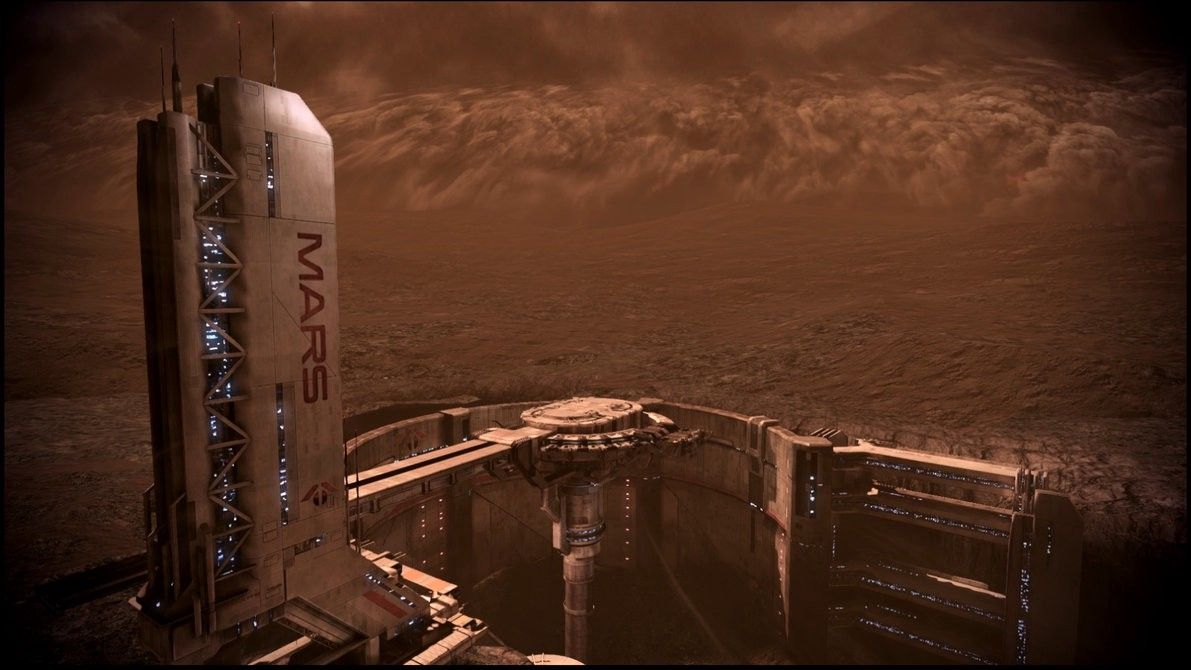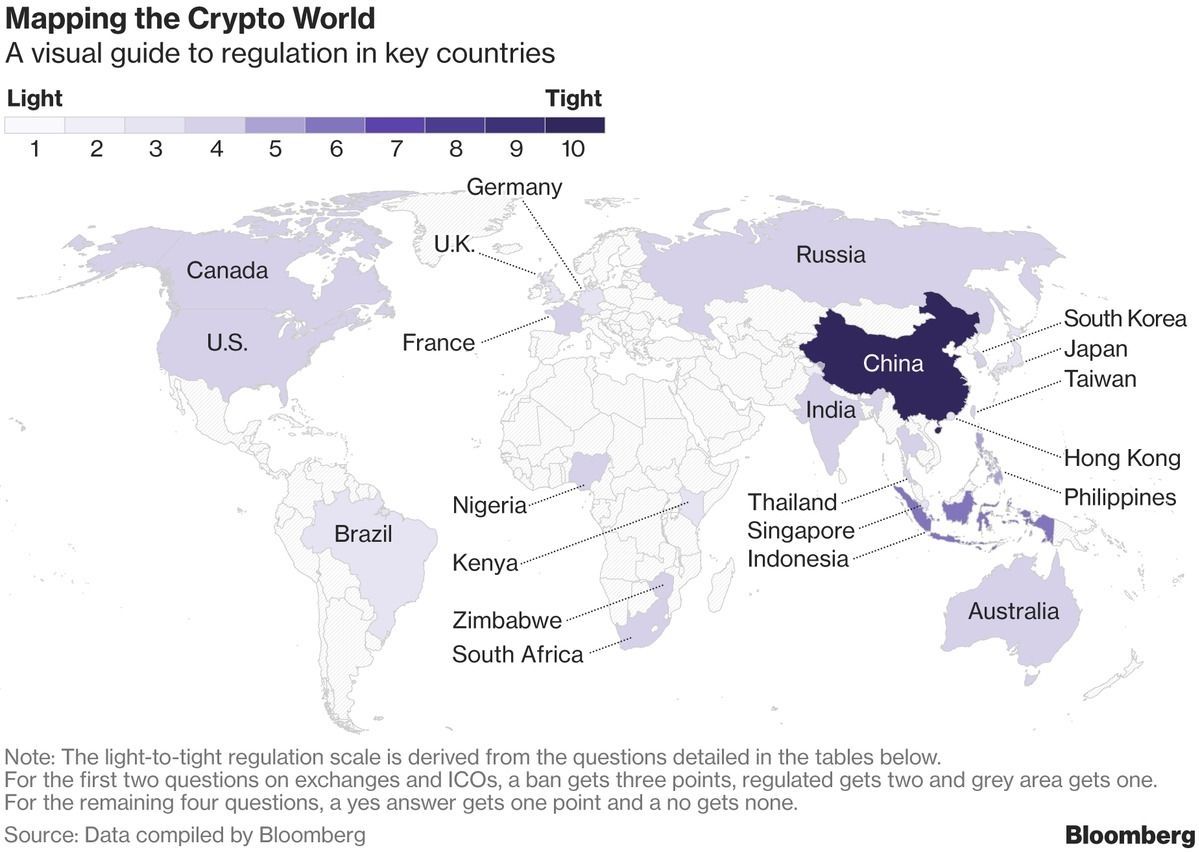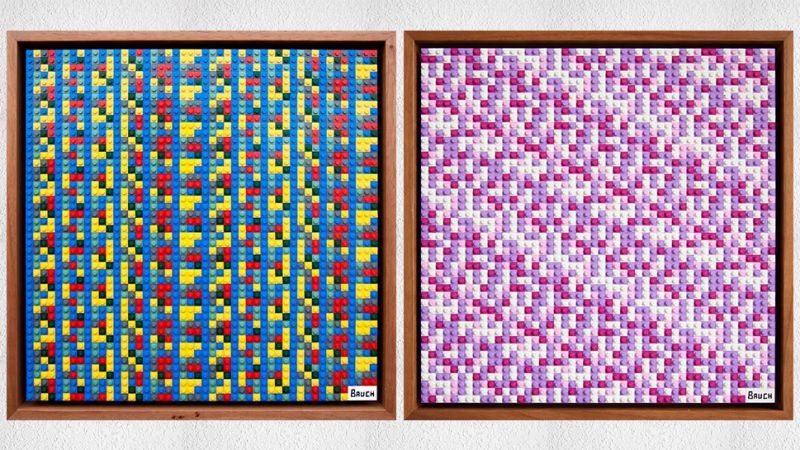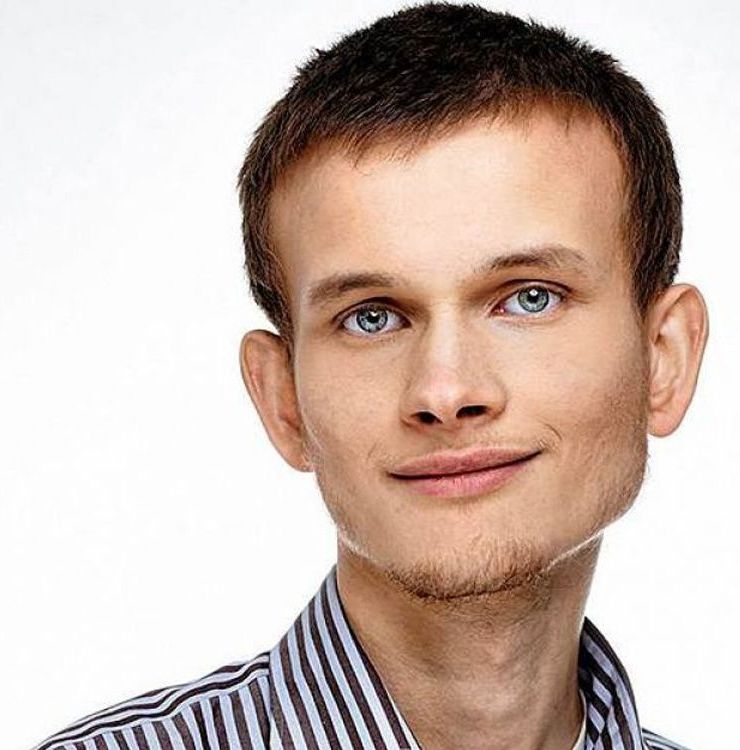Outside John Snow Pub, arguably one of the best pubs to visit on a rainy November day in Soho, London, I was having a beer with my dear friend Alex, discussing tech and cryptocurrency like we always do. The thing that struck me the most from the conversation that Alex brought up was the technical challenges of Mars to have its own blockchain due to speed of light delays between Earth and Mars. It took me on a little journey of determining what might a blockchain on Mars look like, what are the challenges brought upon by speed of light and other factors, and how to push forward the efforts of colonizing the Red Planet.
The past few years and especially 2017 have brought cryptocurrency to the mainstream. Everyone and their grandmother can be seen at one point asking around “How can one buy bitcoin?” and “Would you buy Ripple?” among other questions. Every day, someone armed with a badly-edited whitepaper (a paper outlining how the technology works) will raise millions of dollars in Initial Coin Offerings, or ICOs (the cryptocurrency version of a stock market IPO). By now, one can see that, while 99% of the coins will probably fail due to bad planning, overpromised marketing, or because of their scammy nature, there is no doubt that the future of the cryptocurrency market is bright and it has a lot of room for growth.
The race to Mars is on going. SpaceX still is leading the efforts to allow humans for colonization of the Red Planet, most recently with their two simultaneous Falcon Heavy rocket landings.
Read more
